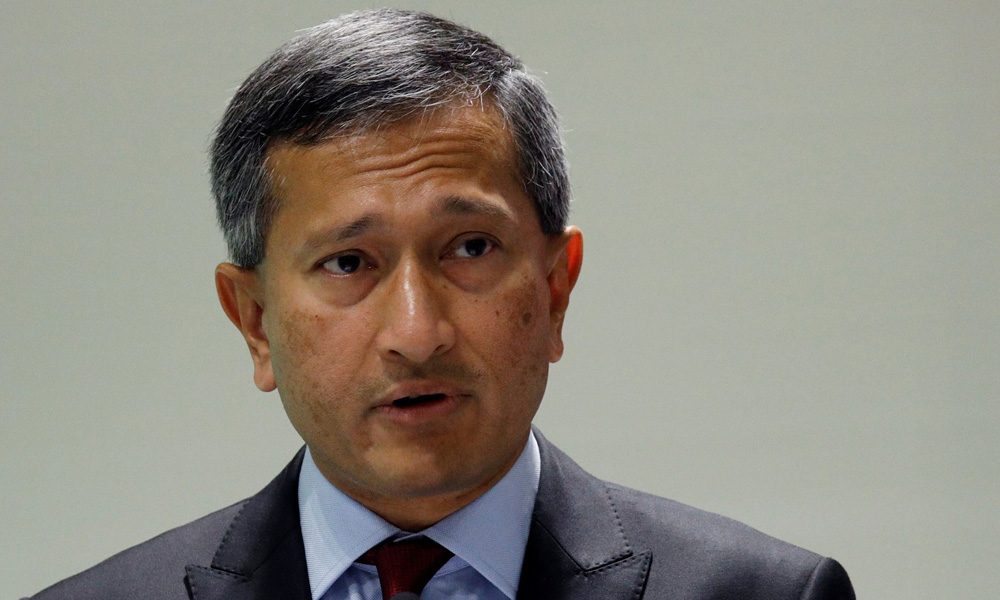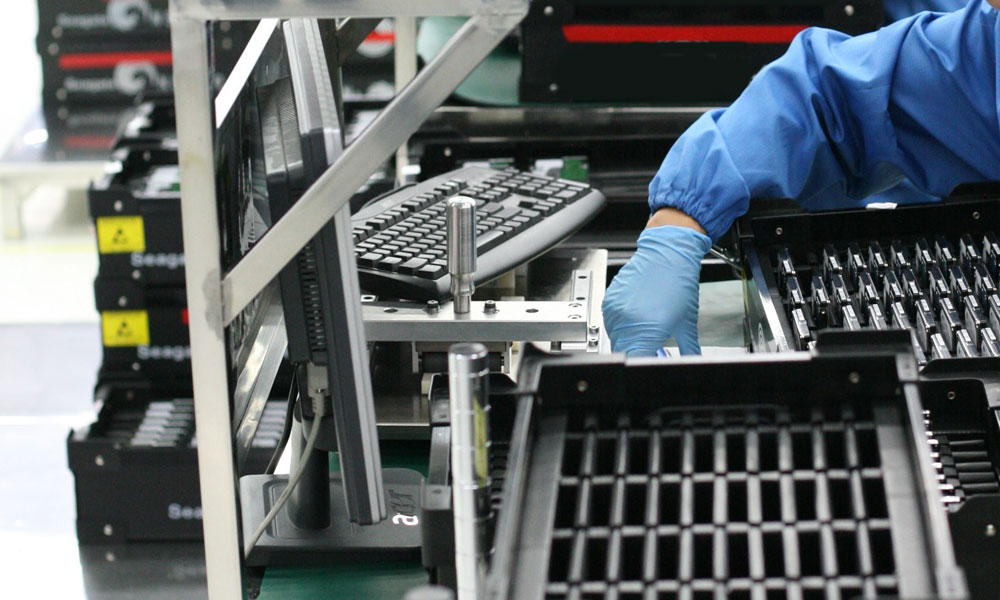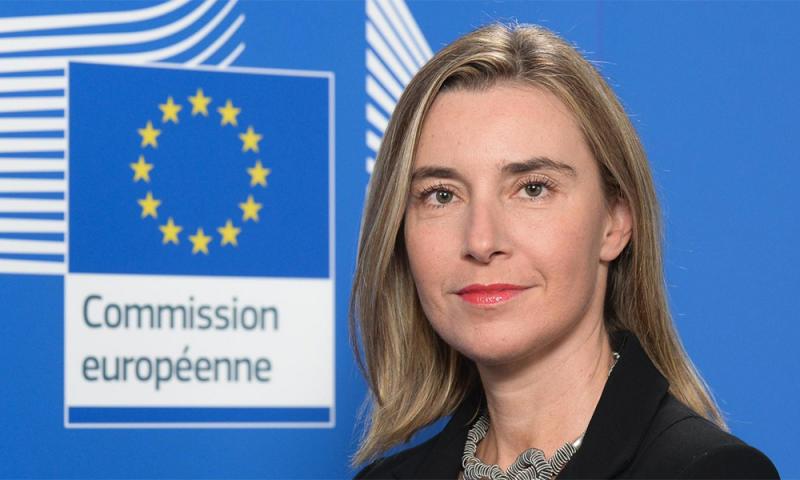Advancing the EU-Asean partnership for sustainability
COMMENT | In January I joined Federica Mogherini (photo, above), the EU’s high representative for foreign affairs and security policy, in Brussels as she co-chaired the 22nd EU-Asean Ministerial Meeting.
It was an impressive occasion, and the best attended gathering anyone could remember, with almost all the 10 Asean and 28 EU member states represented by their foreign ministers. Brussels was preparing for its first big snowfall of the winter, but the reception we gave our Asean partners was a truly warm one.
The debate inside the room reflected the depth and breadth of our relations from the conflict in the Middle East to the importance of the South China Sea and the Rohingya crisis, to promoting trade, investment or higher education.
Much was said, but there was also a unity of purpose – a common desire to strengthen EU-Asean cooperation, including in new areas such as combating unregulated fishing or launching a new high-level dialogue on environment and climate change and an agreement in principle to upgrade our relations to a strategic partnership.
As Mogherini said after the meeting, this was "a recognition of the strategic nature of the partnership we already have in many fields. It was an important signal showing that the two most advanced and most successful integration processes in the world stand firmly behind multilateralism and a rules-based global order."
Or, as her fellow co-chair Vivian Balakrishnan (), the foreign affairs minister of Singapore and Asean coordinator for EU relations, put it, "We take our partnership to a greater height, we will continue to explore new areas in which we can cooperate and learn from each other such as cybersecurity, maritime security, connectivity and climate change."

A close and deep partnership between the EU and Asean is thus of strategic importance for both regional blocs.
We are certainly pivotal economic partners already. Our private sector is, by far, the first investor in Asean holding a quarter of total stock in the region and we are Asean's second largest trading partner.
The EU has concluded or is negotiating free trade and investment agreements with a number of Asean members, building blocks for an ambitious region-to-region trade and investment framework.
We are working hard to increase transport links and our overall connectivity. If – as I hope – we soon agree the first ever region-to-region Comprehensive Air Transport Agreement, millions of our citizens will benefit and the travel and tourism industry in particular stands to make great gains.
We can build on this and establish a comprehensive EU-Asean Connectivity Partnership. While some question globalisation and are retreating into economic nationalism, it is important that Asean and the EU together seek to bolster global links, make them work for all and show their true value to our shared prosperity.
As Asean says, we can leave no one behind.
The EU remains the largest donor to Asean, helping the organisation and its governments to reduce poverty and spread opportunity, with over €200 million 1.078 billion) in support of Asean regional integration and connectivity on top of over €2 billion (RM10.77 billion) of bilateral assistance to Asean member states.
'Global commons'
We will also continue to stand with you after each major natural disaster, from tsunamis to cyclones, putting victims’ needs above any other consideration.
Cooperation, solidarity and prosperity have long been the hallmarks of our relations. While they remain so, the rapidly evolving international scene is leading us to focus more on key strategic issues. Our shared ambitions can only realise their full potential in a rules-based, peaceful and stable environment. This is what makes Asean so important for the EU in Asia – not just as a community of 10, but being also the core of the East Asia Summit, the Asean Regional Forum, or the Asean Defence Ministers-Plus process.
This is where Asean and the EU are rightly expanding their security cooperation – from trafficking in persons to cybercrime, from maritime security to transnational crime and counter-terrorism.
Today we live in no ordinary times. Sea levels are rising, our biodiversity is shrinking and many communities across the world are at risk of displacement or competing for access to basic resources such as water or arable land. We cannot afford to continue on the same path. Meanwhile, the Fourth Industrial Revolution will affect everyone.

Our regions need ambition, leadership and vision to address these challenges. Last month we published our ambitions for “A Sustainable Europe by 2030,” moving to a circular economy, correcting the imbalances in our food system, future-proofing our energy, buildings and mobility, and making sure that this transition is fair, leaving no one and no place behind.
No one can achieve these goals alone. Thankfully, that is something else we agree on – the foreign ministers spent more time talking about the environment, climate change and sustainable development than anything else. We agreed to deliver together on our UN Sustainable Development Goals, including on the Paris Agreement on Climate Change.
Both Asean and the EU see regional integration as the most effective way to foster stability and prosperity. As Malaysian Foreign Minister Saifuddin Abdullah said, economic integration is a key to success. We are both committed to addressing global challenges through a system based on rules and multilateralism.
We both have an interest in promoting fair and open markets, in shaping global economic and environmental rules and in sustainable access to each other through open sea, land and air routes, in full respect of international law.
As global stakeholders, the EU and Asean have the responsibility to advance the international rules-based order and preserve our “global commons.” I have been immensely privileged, as the EU’s first ambassador to Asean, to have seen our strategic relationship go from strength to strength.
I am confident that it has further to run and that, together, we will play a leading role in developing the global responses needed for the challenges of tomorrow.
FRANCISCO FONTAN is the EU Ambassador to Asean.
The views expressed here are those of the author/contributor and do not necessarily represent the views of Malaysiakini.
RM12.50 / month
- Unlimited access to award-winning journalism
- Comment and share your opinions on all our articles
- Gift interesting stories to your friends
- Tax deductable
